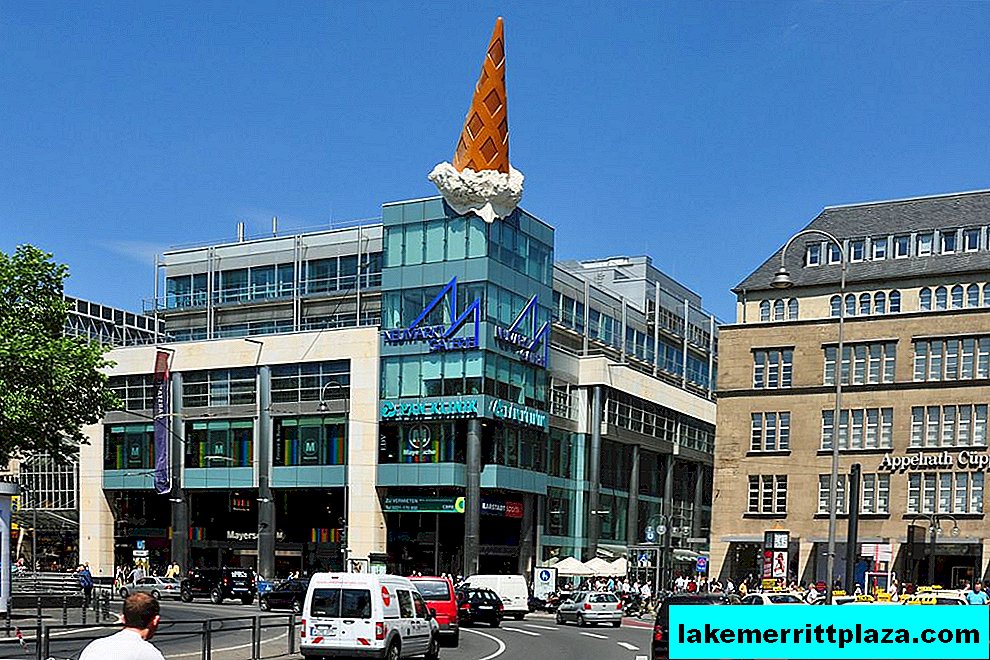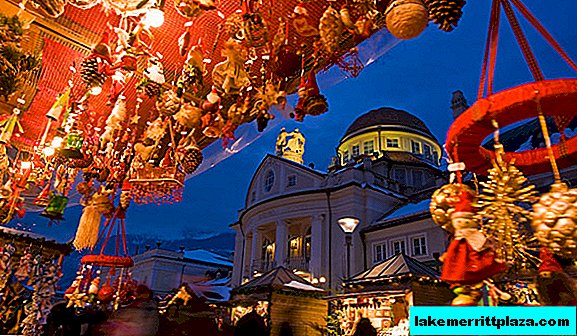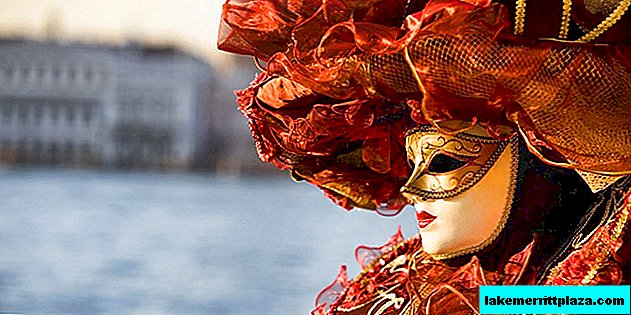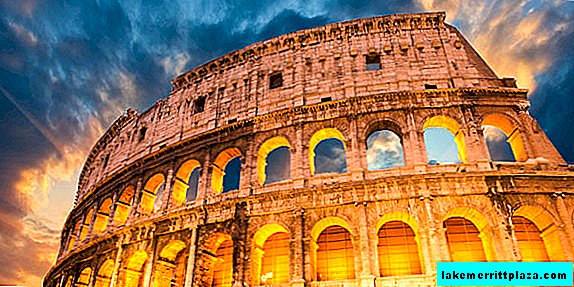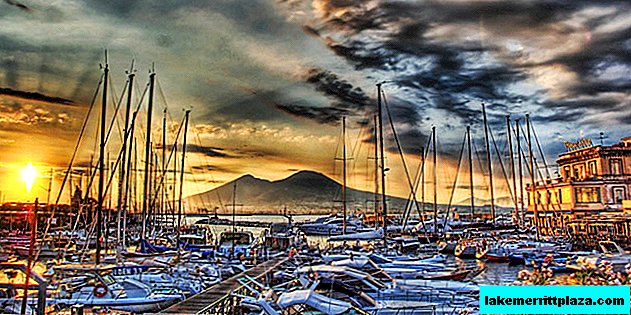In a previous issue, Spartacus and company showed the Praetorian army that flimsy militia was no match for the hungry and evil gladiators-climbers, but in Rome they were saddened and appointed the next person responsible for eliminating the unrest in the south.
They became Praetor Publius Varius. Out of habit, having collected two thousand people anyway, Publius thought again - at Claudius he didn’t succeed in throwing gladiators with meat at all, it was not worth repeating mistakes. Therefore, in addition to the first detachment, the praetor convened a second, the exact number of soldiers in which, unfortunately, is unknown, but not less than 4000 people.
Deciding that there would be enough of such superior forces, he entrusted the command to his assistants, Fury and Lucius Cossinius, and set off to strengthen the burnt slave gopot.
However, the process somehow went wrong from the very beginning. First, the Furies came upon the gladiators and shamefully merged, having lost both manpower, and weapons, and the remnants of pride. Then Spartacus took by surprise the second detachment, Lucius Cossinia, and he liquidated him too. Plutarch in his biography of Crassus (we will write about this notable figure in our issues) gives a somewhat delusional picture - they say that the leader of the slaves lay in wait for Lucius when he and his small retinue deigned to swim in the river near the local saltworks, after which he jumped out of the bushes with a hiccup, brandishing a Thracian crooked sword and drove the half-naked legate into the distance, destroying his people and robbing the wagons.
Leaving aside the ridiculous nature of such a situation, we note that even a powerful and cool Spartak would not have mastered with a small group of commandos to cut out the entire camp of Cossinia (to which he would run immediately after an unexpected meeting).
It can be assumed that the former slave simply cleverly guessed the moment when the command of the second detachment would be really distracted by something, after which he made an unexpected attack on the camp, taking advantage of the lack of army training in the punitive detachments. Cossinius did not survive the attack - of this we can be sure.
Be that as it may, the sad Publius Varius was left alone. Those troops that remained with him began to scatter and desert - a huge impression on the personnel was made by the sharpness, clarity and greyhound of Spartak, albeit with losses, but who had already defeated the third government detachment. Somehow maintaining discipline and sighing heavily, the praetor nevertheless tried to fulfill his duty and moved to the city of Kuma - to replenish supplies, including human ones. Somehow recovering, he continued to search for slaves, with completely understandable goals.
In vain. In the ensuing battle, Publius lost his entire army, his assistant lictors were taken prisoner, and again, according to legend, Spartak personally squeezed the horse from under Varin. Praetor himself barely blew his legs. Joyful gladiators handed over to their leader abandoned fascia - signs of power, meaning the right to judge and punish.
In addition to such cute accessories, the rebels got a serious mountain of weapons, which was just what they needed, a reputation for real demons of war that no one could resist, a terrible crowd of fugitive slaves, shepherds and other outcasts who fled from the owners in search of another, richer and tasty life, and also ... all of southern Italy.
The influx into the army of slaves was really stunning - in a short time their number amounted to several tens of thousands of people. On the one hand, the more forces, the longer it was possible to resist the inevitable blow of retaliation from the Senate. On the other hand, it was extremely difficult to manage such a horde, and its fighting qualities left much to be desired - neither the former excavators, nor even the robber shepherds, who were lacking at that time, could stand up against trained infantry.
In the entire south of Italy, the intensity of hell has reached thermonuclear values. When the robbers stopped grabbing large estates (still, with such a number!), They began to attack the cities and quite successfully. Throughout the country, slaves rebelled against the owners, as soon as rumors reached their ears that a horde of liberators was somewhere nearby. It is easy to understand that the former slave owners in the event of such uprisings ended their activities for a long time and very unsightly. In the event of an attack by the army itself, the fate of those who had to be robbed was also bleak. Spartak tried to reason the most stubborn of his subordinates, but, as already mentioned, you can’t keep track of everyone. It’s enough that he was able to somehow convince especially comradely comrades who said “dizziness from success” that he didn’t need to run to Rome right now, no.
Spartak decided to spend the winter of 73-72 in the south, replenishing and training his half-military-half-crowd. The fact that he generously shared the loot with the fighters and, as far as possible, tried not to touch those who had nothing to take (although his efforts did little to rectify the situation), contributed to the speedy increase in “recruits” under his command.
The Senate, meanwhile, completely stupefied by what was happening, decided to play big. Two consuls were sent to pacify the criminals - there was nobody cooler. Each has two legions. Real, sensible legion, not praetorian militia.
In the spring of 72 BC, the situation finally went beyond the small-town squabbles in Campania.
And we will try to write about this soon.
Based on materials from History Fun.

